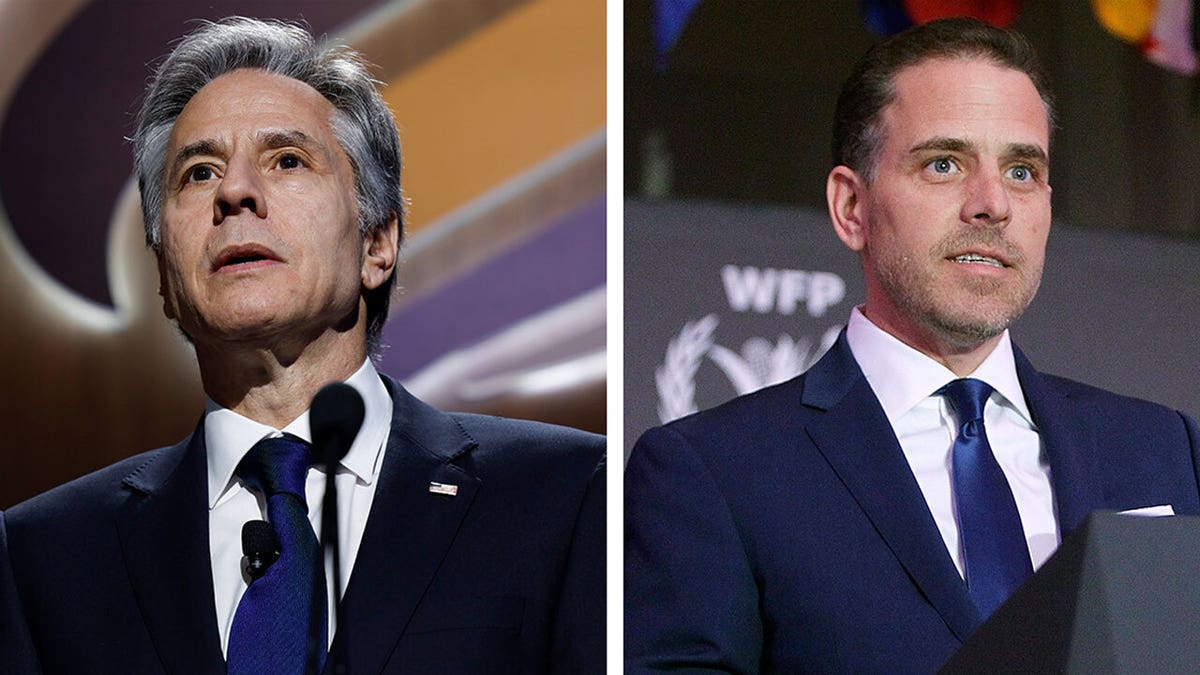The NCAA's recent update to its transgender athlete policy has ignited controversy and drawn criticism from women's sports advocates. The revised policy, implemented on February 7th, aims to align with President Trump's executive order prohibiting biological males from competing in women's sports. However, critics argue the new rules contain loopholes that could still permit biological males to participate, potentially jeopardizing the integrity of women's athletics.
The core issue revolves around the policy's language, which states that student-athletes assigned male at birth can practice with women's teams and receive associated benefits. Critics contend this opens the door for transgender athletes to circumvent restrictions by altering the gender on their birth certificates, a legally permissible action in 44 states. This has raised concerns about fairness and equal opportunity for female athletes.

Kim Jones, co-founder of the Independent Council for Women's Sports, voiced her strong disapproval, stating the policy offers no real protection for women and fails to comply with federal law. Jennifer Sey, a former gymnast and founder of XX-XY Athletics, echoed these sentiments, emphasizing the lack of clear boundaries and the potential for exploitation through birth certificate changes.

While the NCAA has clarified that amended birth certificates will not be accepted for competition in the women's category and that scholarships will not be extended to trans athletes practicing on women's teams, these details are not explicitly stated in the official policy. The lack of transparency has fueled further criticism and calls for a more comprehensive and unambiguous policy.

The NCAA's previous policy, which permitted transgender athletes to compete and share facilities with women for over a decade, has resulted in multiple lawsuits and federal investigations. Cases involving former University of Kentucky swimmer Riley Gaines, three former UPenn swimmers, and former San Jose State University volleyball player Brooke Slusser highlight the ongoing legal battles surrounding transgender participation in women's sports.
The future of the NCAA's transgender athlete policy remains uncertain, with calls for revisions and increased clarity to ensure fairness and protect the integrity of women's athletics. The ongoing legal challenges and public debate underscore the complex and sensitive nature of this issue.








